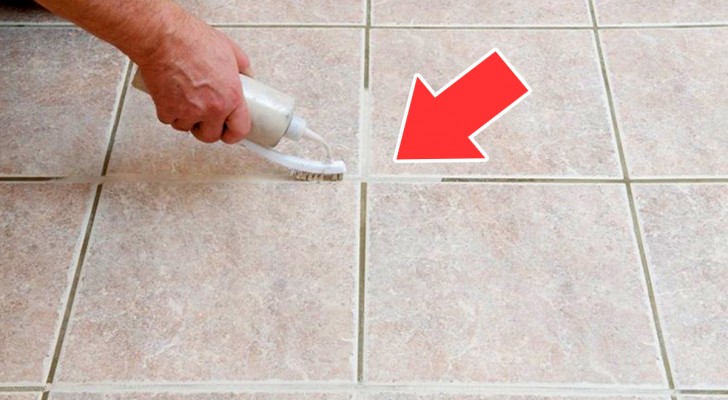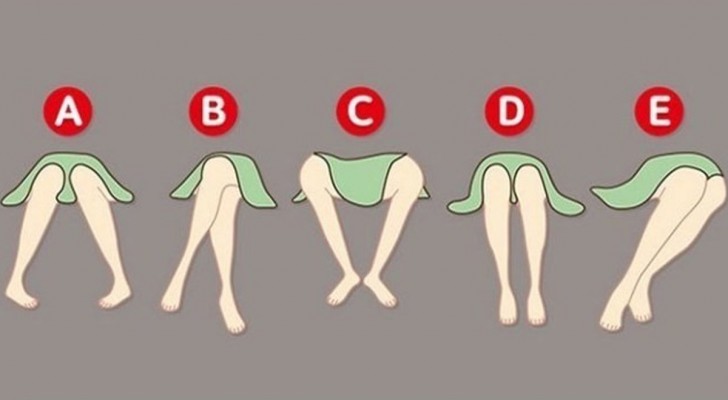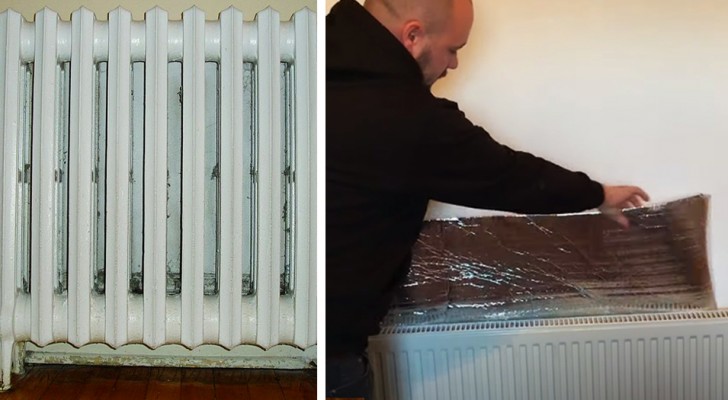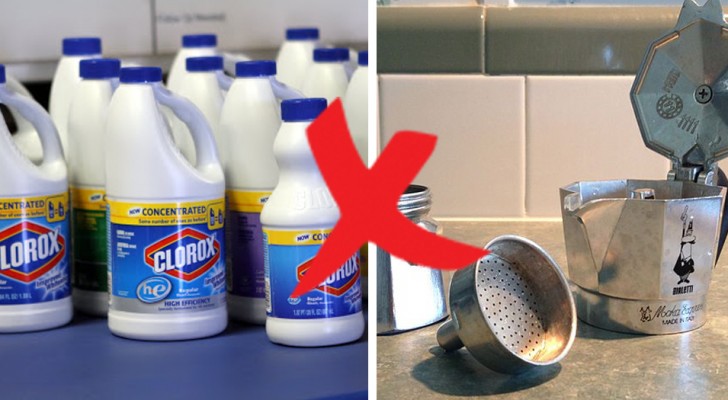How to properly dose the detergent for your laundry
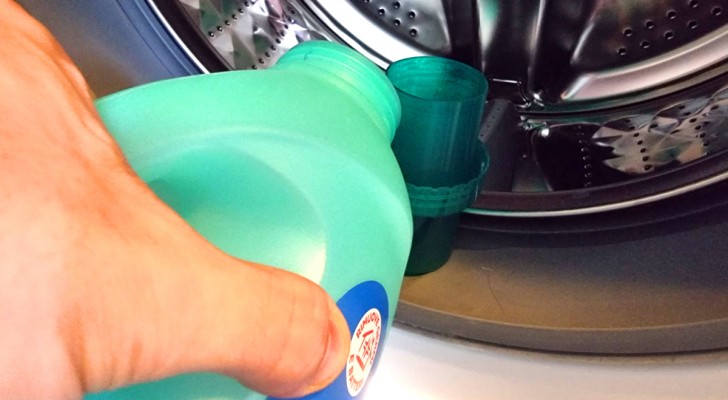
Paying attention to one's physical appearance is not only means watching what you eat: it also means dressing in a certain way, presenting oneself in a properly groomed manner.
To do this, we need to think about how our clothes are washed: a stained or faded piece of clothing will certainly not make a good impression. So it is very important to know how to use laundry products properly. Let's see step by step how to do this.
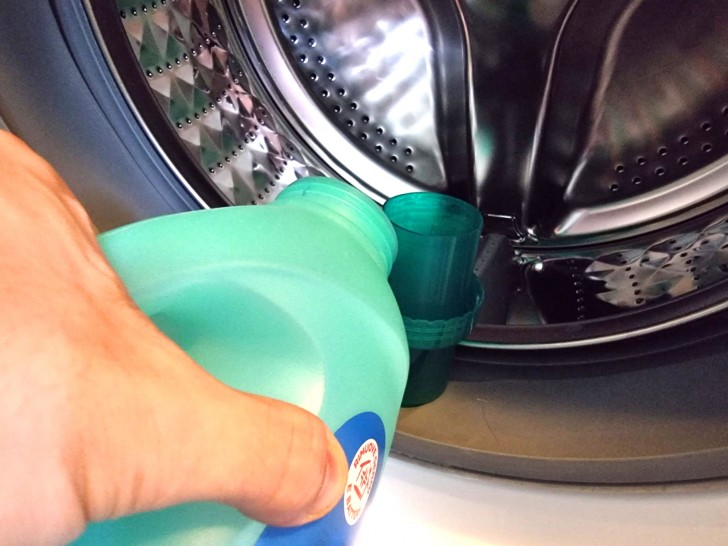
A washing machine is now an indispensable appliance, found in practically every home. But are you sure you're using it properly? And do you know what detergents to use with which clothes? And dosages change depending on the fabric types too.
As a general "rule of thumb", for white and stained garments powdered soap is preferable; while for colored clothes liquid soaps are better.
Pods/capsules, on the other hand - although more expensive - are great for measuring doses: they contain precisely the exact amount to wash one load of laundry. So, what are the dosage "rules" for the other detergents?
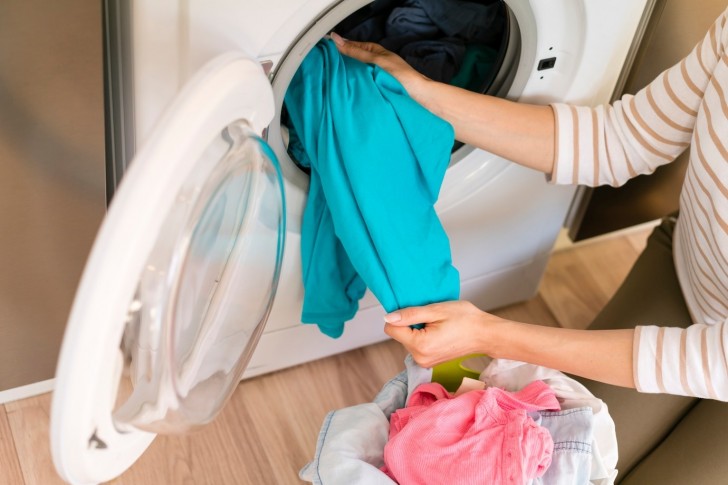
The answer is actually simpler than you might think: regardless of the type of detergent used, the bottles they come in have instructions! But these instructions can influenced/changed by the weight of the laundry and the capacity of the washing machine's drum. Let's check out an example:
For a washing machine with a capacity of between 5 and 8 kg, you should generally use between 35 and 40 ml of detergent. The cap of each container should act as a dispenser itself: inside most, there are little lines that help to measure the amount of liquid.
It is very important never to overload the drum of the appliance: there must be enough space for the laundry to spin properly. Finally, there is one last factor which significantly influences the outcome of a "good wash" - the water we use. Yes, you understood that correctly.
The "hardness" of the water, i.e. how much calcium and magnesium it contains (limescale), you may have to increase dosage amounts and use a fabric softener. You can test your water by purchasing special "limescale test" strips in a DIY store. Did you know about these tips?
